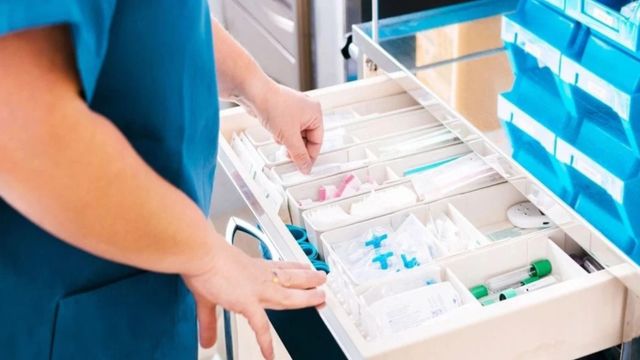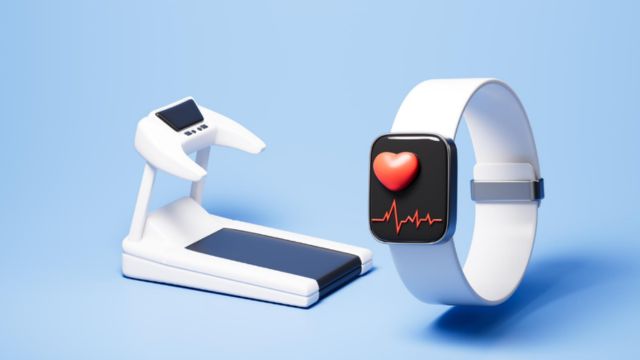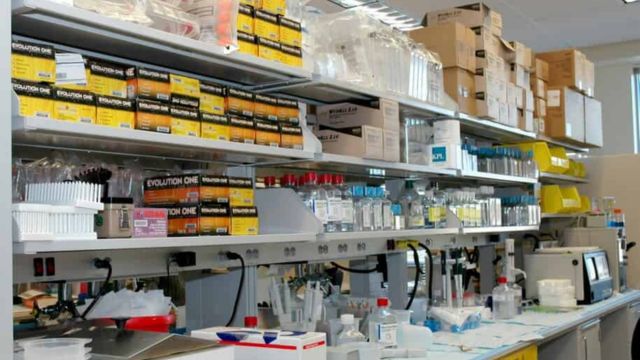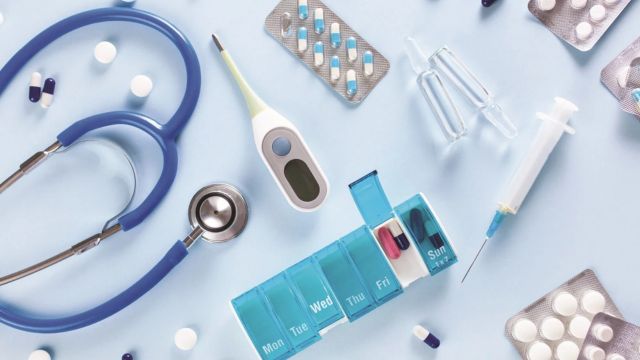Patient safety and quality of treatment are first concerns in the healthcare sector. From diagnosis to therapy, every facet of healthcare relies on the availability, quality, and correct use of medical supplies. Many different medical operations depend on these supplies, hence their importance in guaranteeing safe, high-quality treatment cannot be emphasised.
1. The Role of Medical Supplies in Patient Safety
Safety of patients depends critically on medical supplies. From diagnosis tests to operations and wound care, they are applied practically in every facet of patient treatment. Patient results directly correlate with the quality and dependability of these products. From delayed diagnosis to maybe fatal repercussions, poor or faulty medical supplies can lead to a variety of issues.
To stop infections, for instance, surgical tools have to be kept up to a high degree and sterilised. Inappropriate handling or worse quality could cause hospital-acquired infections (HAIs), possibly lethal. Likewise, disposable medical products such gloves, syringes, and gauze have to satisfy strict safety criteria to prevent contamination and guarantee that no dangerous compounds find their way into the body.
Using premium, dependable medical supplies helps healthcare professionals lower the possibility of mistakes and mishaps, so safeguarding patient treatment from compromise. pplies, they reduce the chances of errors and accidents, ensuring that patient care is not compromised.
2. The Importance of Medical Supplies in Maintaining Care Quality
Medical supplies also play a significant role in maintaining care quality. High-quality equipment and consumables directly contribute to more accurate diagnoses, efficient procedures, and quicker recovery times. For instance, accurate diagnostic tools such as blood pressure cuffs, thermometers, and glucose meters allow healthcare professionals to make timely and precise decisions, which directly influence treatment plans.
3. Types of Medical Supplies and Their Impact on Care Quality
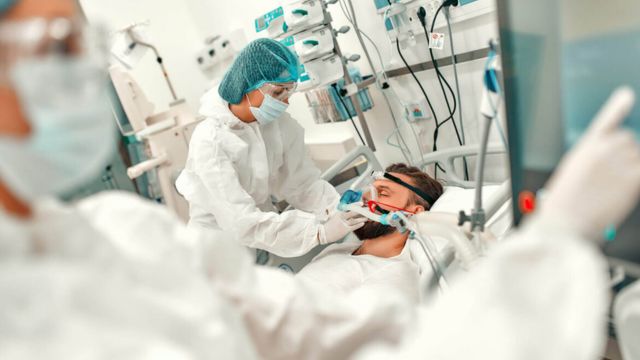
Here are some types of medical supplies that are essential for ensuring both patient safety and high-quality care:
a. Personal Protective Equipment (PPE)
PPE, such as masks, gloves, gowns, and face shields, is crucial in preventing cross-contamination and protecting both patients and healthcare workers. PPE helps in minimizing the risk of infection, particularly in environments like hospitals, where patients may have weakened immune systems.
b. Diagnostic Equipment
Medical diagnostic supplies, including stethoscopes, blood pressure cuffs, and thermometers, are used to accurately measure vital signs and help diagnose diseases. Reliable diagnostic equipment ensures that conditions are detected early, enabling quicker intervention and better patient outcomes.
c. Surgical Instruments
In surgeries, precision is key. Surgical instruments like scalpels, forceps, and scissors must be of high quality and maintained properly. Failure to use sterile, high-quality instruments can lead to infections, complications, or prolonged recovery times.
d. Wound Care Supplies
The quality of wound care supplies, such as dressings, bandages, and antiseptic solutions, can significantly affect healing. Using substandard or outdated supplies can lead to improper healing, infections, and prolonged pain for the patient. Proper wound care is essential for reducing complications and ensuring optimal recovery.
e. IV Supplies and Infusion Pumps
Intravenous (IV) supplies such as needles, catheters, and infusion pumps play a major role in delivering fluids, medications, and nutrients directly into the bloodstream. If these supplies are not sterilized or malfunction during administration, patients may face serious risks, including infections and incorrect dosages.
4. The Consequences of Poor-Quality Medical Supplies
Using poor-quality medical supplies can have dire consequences for patient safety. It can lead to complications such as:
-
Infections: Non-sterile instruments or consumables increase the risk of infections. This could result in prolonged hospital stays, more intensive treatments, and even death in extreme cases.
-
Incorrect Diagnosis and Treatment: Inaccurate or faulty diagnostic equipment could result in incorrect diagnoses. This, in turn, could lead to the wrong treatment being administered, delaying recovery and worsening the patient’s condition.
-
Increased Healthcare Costs: Poor-quality supplies can increase the overall cost of treatment due to extended hospital stays, additional medications, or corrective procedures. This not only impacts the healthcare facility’s finances but also burdens patients and their families.
5. Ensuring High Standards for Medical Supplies
Healthcare professionals have to choose medical supplies from reliable vendors that follow international norms and regulations if they are to guarantee patient safety and high-quality treatment. Before being applied in patient treatment, supplies should be thoroughly evaluated for quality and safety. Minimising mistakes also depends on appropriate training for medical professionals on the correct handling of these resources.
To guarantee that all medical supplies remain in ideal condition when needed, healthcare facilities have to apply systems for regular inspections, sterilising procedures, and inventory control.
Conclusion
Medical supplies clearly affect patient safety and quality of treatment. From preventing infections to supporting accurate diagnosis, good medical supplies are absolutely vital for providing best treatment. To reduce risks and guarantee the best possible results for their patients, healthcare professionals have to be meticulous in selecting and applying dependable products.
At J and J Supplies, we provide top-quality medical supplies that meet the highest industry standards. From surgical instruments to PPE and wound care products, our comprehensive range ensures that your healthcare facility is equipped to deliver the safest and best possible care to your patients. Visit our website today at jandjsupplies.com to explore our products and order with confidence. Your patients deserve the best, and we’re here to provide it

